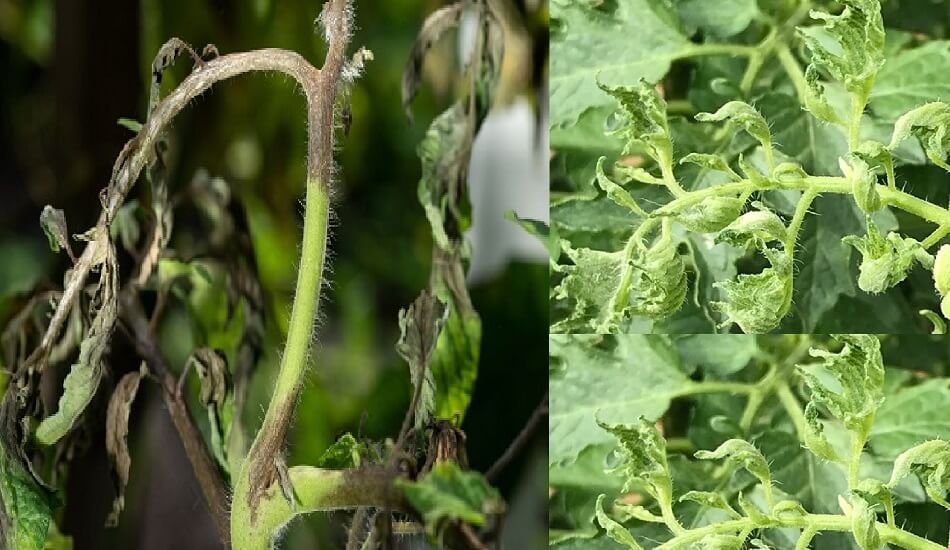IIHR develops three hybrid chilli varieties that are resistant to several diseases
Three hybrid chilli varieties that are resistant to several diseases, including phytopthora root rot (PRR) and leaf curl virus (LCV), have been developed by Indian Institute of Horticulture Research (IIHR) scientists in Bangalore.
Due to weather fluctuations, PRR and the leaf curl virus pose a serious threat to the country’s chilli crop. PRR is caused by a soil-borne destructive fungal pathogen that causes root rot in chilli crops, resulting in annual losses of around $100 million globally. LCV is the most destructive disease faced by chilli growers in terms of incidence and yield loss, and it is transmitted by whiteflies. In affected plants, the leaves curl and roll, resulting in stunted growth.
Also Read | IIHR signed MoU with four Pvt Firms for technology commercialisation
Madhavi Reddy K., Principal Scientist, Division of Vegetable Crops, IIHR, stated that three of the institute’s 11 hybrids, Arka Nihira, Arka Dhriti, and Arka Gagan, have combined resistance to PRR and LCV. “We will be commercialising them next year, and some private seed companies have shown interest in taking the parental lines,” Reddy went on to say.
Features of Selection
The chemical control for PRR and LCV is ineffective, resulting in chemical residues that affect exports. Exploring host plant resistance is the best-recommended strategy for combating these pathogens. In this direction, CGMS (cytoplasmic genetic male sterility) lines were developed using phenotypic selection and marker-assisted selection, and they were used to create F1 hybrids with LCV-resistant male parents, according to Reddy.
The new hybrids are intended for various market segments with medium to high pungency, with a focus on key growing regions such as Guntur and Warangal.
India is the world’s largest producer, consumer, and exporter of dried chillies. In 2022-23, dry chilli exports reached a record high of ₹10,444 crore.


















Add Comment